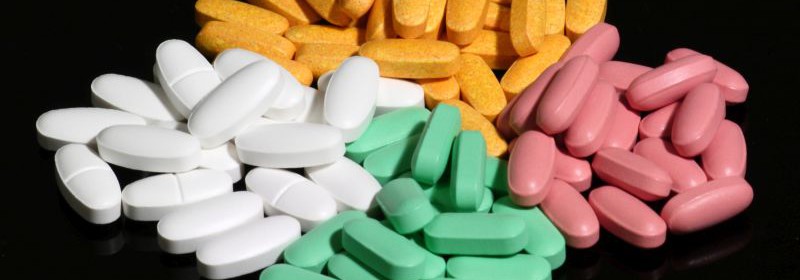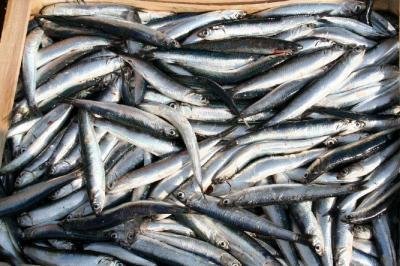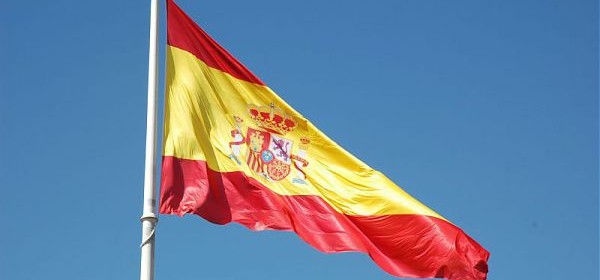MOROCCO, 89 MILLION EUROS FINANCING FROM ADB FOR DRINKING WATER

At a meeting held in Abidjan (Ivory Coast) on 8 June, the African Development Bank approved a loan of 88.85 million of Euros to Morocco for a project aimed at improving the distribution and quality of drinking water in the North African country. A statement from the Adb indicates that the Moroccan cities affected by this project will be Bouznika, Ben Slimane, Youssoufia and Safi, in addition to the basin of the river Bouregreg (SMBA artificial ventilation at the level of the dam and in the current ozonation treatment units). According to the BAD, this project will help meet 2030 requirements in drinking and industrial water of the most densely urbanized area of Morocco, with over 5 million inhabitants and about 60% of national manufacturing production. The private sector will benefit from this project, thanks to the realization of public works and through the increased volume of drinking water, which will allow industrial and tour operators to expand their economic activities. This new loan is the thirteenth operation financed by Adb in Morocco in the field of hydraulic engineering and brings the total amount disbursed to about 1.1 billion euro, making the Bank the first partner of the north African kingdom in the water sector.
(ITALPRESS/MNA).
Source: medNews










